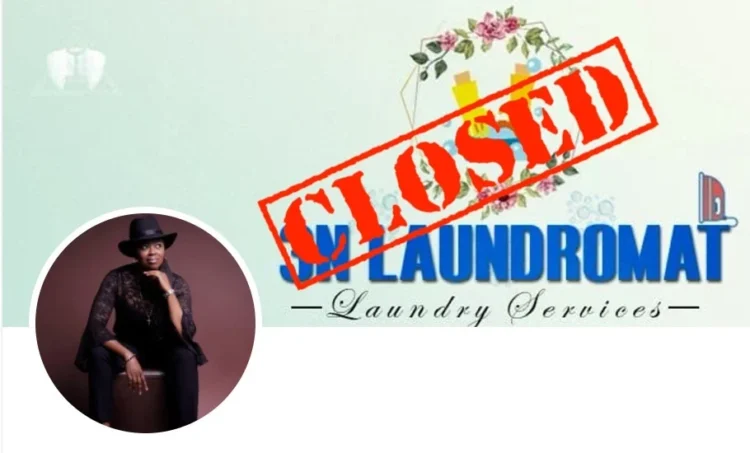- 3N Laundromat in Springs has to close down due to Eskom’s electricity rationing, its owner says.
- The company could not provide services to clients on time and saw a large number of them leaving.
- Nolwazi Mbotheni, who owns the business, also had to close her bakery business due to load shedding.
- She now relies on her eldest daughter’s salary for survival.
- For more stories go to www.BusinessInsider.co.za.
3N Laundromat, a Springs-based small business, has been forced to close its doors due to Eskom’s most recent bout of load shedding, said owner Nolwazi Mbotheni.
Mbotheni, an entrepreneur based in Kwa-Thema, said there was no other choice for what had been a thriving five-year-old business already hit by the pandemic.
“We had to shift and move from the shop to a residential area which is my parent’s home,” said Mbotheni. “We had equipment that we couldn’t pay, we had to rent it out, some of it had to go back and I was left with two washing machines and one tumble dryer.”
Then load shedding impacted her income and made it impossible for her to provide all her laundry services to customers on time.
She went from seeing about six clients on Mondays, and close to 10 clients at the end of the month, to having no clients coming in anymore.
“You tell a client that it will probably take five hours for their laundry to be washed and ironed but now you end up hand-washing and manually ironing,” she said.
With little to no income, Mbotheni could not keep up with rent and she couldn’t afford to buy a generator. The slow turnaround times also made it impossible for her to pay two of her staff members, who are breadwinners in their homes.
“We thought of solar power, but it’s very expensive so we couldn’t afford to keep running,” she said.
Mbotheni’s laundry business is not the only one that has been affected. She also runs a bakery, which had to close its doors too.
“I went from seeing 20 to 25 clients in my bakery a month to seeing about only two in the same period,” she said.
Mbotheni is left to rely on her 31-year-old daughter’s salary, and providing training services in agriculture. She hopes to receive funding to keep her businesses running.
“I can’t forget about my businesses. This is my passion. I’ve had this since I was in my 30s. This was my dream.
“Right now I’m just trying to recuperate and if anybody is interested in investing or sponsoring us that would be a good idea. I would gladly continue,” Mbotheni said.









